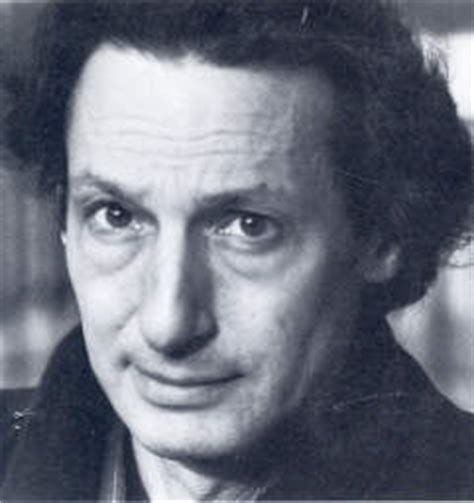A Quote by Siri Hustvedt
I have found that all of my memories seem to need a place and that a good part of what we think of as explicit memory has to do with location.
Related Quotes
Analysis helps patients put their unconscious procedural memories and actions into words and into context, so they can better understand them. In the process they plastically retranscribe these procedural memories, so that they become conscious explicit memories, sometimes for the first time, and patients no longer need to "relive" or "reenact" them, especially if they were traumatic.
Because computers have memories, we imagine that they must be something like our human memories, but that is simply not true. Computer memories work in a manner alien to human memories. My memory lets me recognize the faces of my friends, whereas my own computer never even recognizes me. My computer's memory stores a million phone numbers with perfect accuracy, but I have to stop and think to recall my own.
A place (lieu) is the order (of whatever kind) in accord with which elements are distributed in relationships of coexistence. It thus excludes the possibility of two thing being in the same location (place). The law of the 'proper' rules in the place: the elements taken into consideration are beside one another, each situated in its own 'proper' and distinct location, a location it defines. A place is thus an instantaneous configuration of positions. It implies an indication of stability.
Historians constantly rewrite history, reinterpreting (reorganizing) the records of the past. So, too, when the brain's coherent responses become part of a memory, they are organized anew as part of the structure of consciousness. What makes them memories is that they become part of that structure and thus form part of the sense of self; my sense of self derives from a certainty that my experiences refer back to me, the individual who is having them. Hence the sense of the past, of history, of memory, is in part the creation of the self.
Memory and the imagination are almost identical. It's the same place in the brain and the same thing is happening. When you think about your own life, there are no memories without place. You are always situated somewhere. I think the imagination - the narrative imagination at least - situates you in a specific space when you start to think of a story. I often use places I know. I put my characters inside rooms and houses that I'm familiar with - sometimes the houses of my parents or grandparents or previous apartments I've lived in.
Advent's intention is to awaken the most profound and basic emotional memory within us, namely, the memory of the God who became a child. This is a healing memory; it brings hope. The purpose of the Church's year is continually to rehearse her great history of memories, to awaken the heart's memory so that it can discern the star of hope.
A "dis-ease" is simply a name to the respective symptom (or collection of symptoms) that occurs when acids damage the cells of the body (or set in motion an inflammatory response), and a symptom is experienced. Names of "dis-eases" may seem complex but please understand that they are simply: location, location, location! One must alkalize the body to reverse the inflammation and return balance to the body.






































